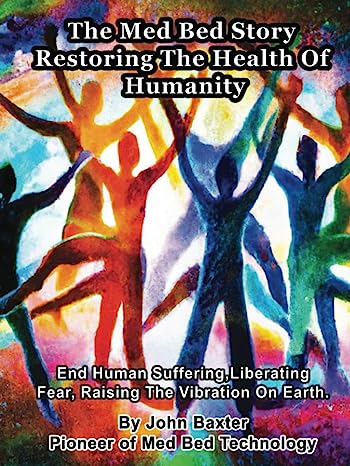In the quest for optimal health and performance, sleep emerges as a critical component. With the growing interest in biohacking, natural sleep supplements have gained popularity as effective tools to enhance sleep quality. This article explores the best sleep aid options within the realm of natural remedies, providing insights into how you can biohack your way to deeper, more restorative sleep.
Understanding the Importance of Sleep
Quality sleep is essential for cognitive function, emotional regulation, and overall physical health. Disruptions in sleep can lead to a host of health issues, from decreased productivity and mood swings to more serious conditions like cardiovascular disease and weakened immune response.
Natural Sleep Aids: The Biohacker's Toolkit
For those looking to enhance their sleep naturally, several supplements stand out for their efficacy and safety. Here’s a look at some of the best sleep aids that have been supported by scientific research and anecdotal evidence.
1. Melatonin
Melatonin is a hormone naturally produced by the pineal gland that regulates the sleep-wake cycle. Supplementing with melatonin can help adjust the body's internal clock, particularly useful for individuals dealing with jet lag or shift work disruptions. It is recommended to start with a low dose, as higher doses can sometimes lead to increased wakefulness at night.
2. Magnesium
Magnesium is a vital mineral that plays a crucial role in supporting deep, restorative sleep by maintaining healthy levels of GABA, a neurotransmitter that promotes relaxation. Taking magnesium supplements can help reduce symptoms of insomnia, especially in older adults.
3. Valerian Root
Valerian root is a herb noted for its sedative properties and has been used for centuries to promote relaxation and sleep. Studies suggest that valerian can improve sleep quality and reduce the time it takes to fall asleep.
4. Lavender
The soothing aroma of lavender is not just pleasant to the senses but also functionally calming. Lavender essential oil or supplements can significantly improve sleep quality by increasing slow-wave (deep) sleep and reducing nighttime awakenings.
5. Chamomile
Chamomile is another herbal remedy known for its calming effects. Often consumed as a tea, chamomile contains apigenin, an antioxidant that binds to certain receptors in the brain that may promote sleepiness and reduce insomnia.
Combining Supplements with Good Sleep Hygiene
While natural supplements can aid sleep, they are most effective when combined with good sleep hygiene practices:
- Consistent Sleep Schedule: Going to bed and waking up at the same time every day helps regulate your body's internal clock.
- Optimized Sleep Environment: Ensure your bedroom is conducive to sleep by keeping it dark, quiet, and cool.
- Limiting Blue Light Exposure: Avoid screens at least an hour before bed to decrease blue light exposure, which can disrupt melatonin production.
Cautions and Considerations
While natural sleep aids are generally safe, they are not suitable for everyone. It is important to consult with a healthcare provider before starting any new supplement, especially if you have underlying health conditions or are taking other medications.
Conclusion: Enhancing Sleep Naturally
Biohacking sleep with natural supplements offers a promising path to improving sleep quality and, by extension, enhancing overall health and well-being. By understanding and utilizing the best sleep aids in conjunction with proper sleep hygiene, individuals can significantly improve their sleep patterns, waking up refreshed and ready to tackle the challenges of the day.




